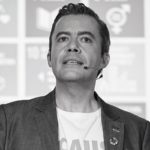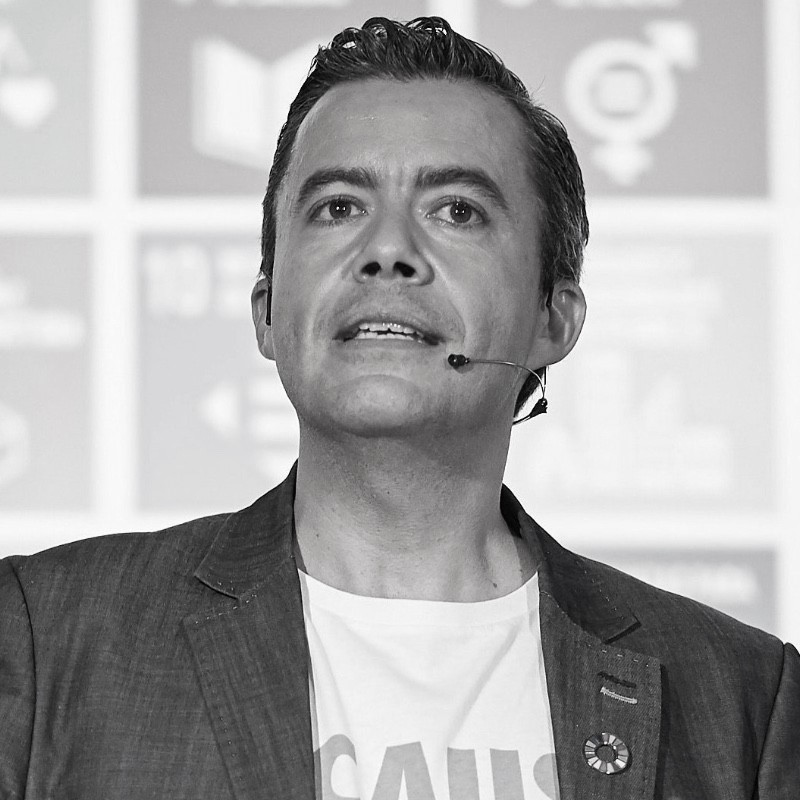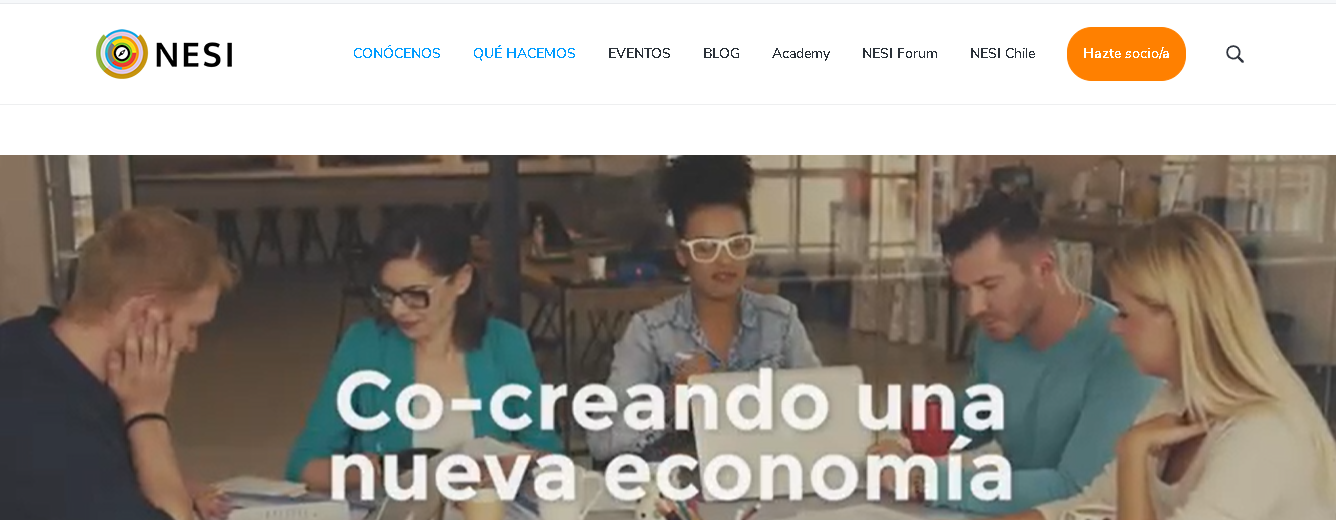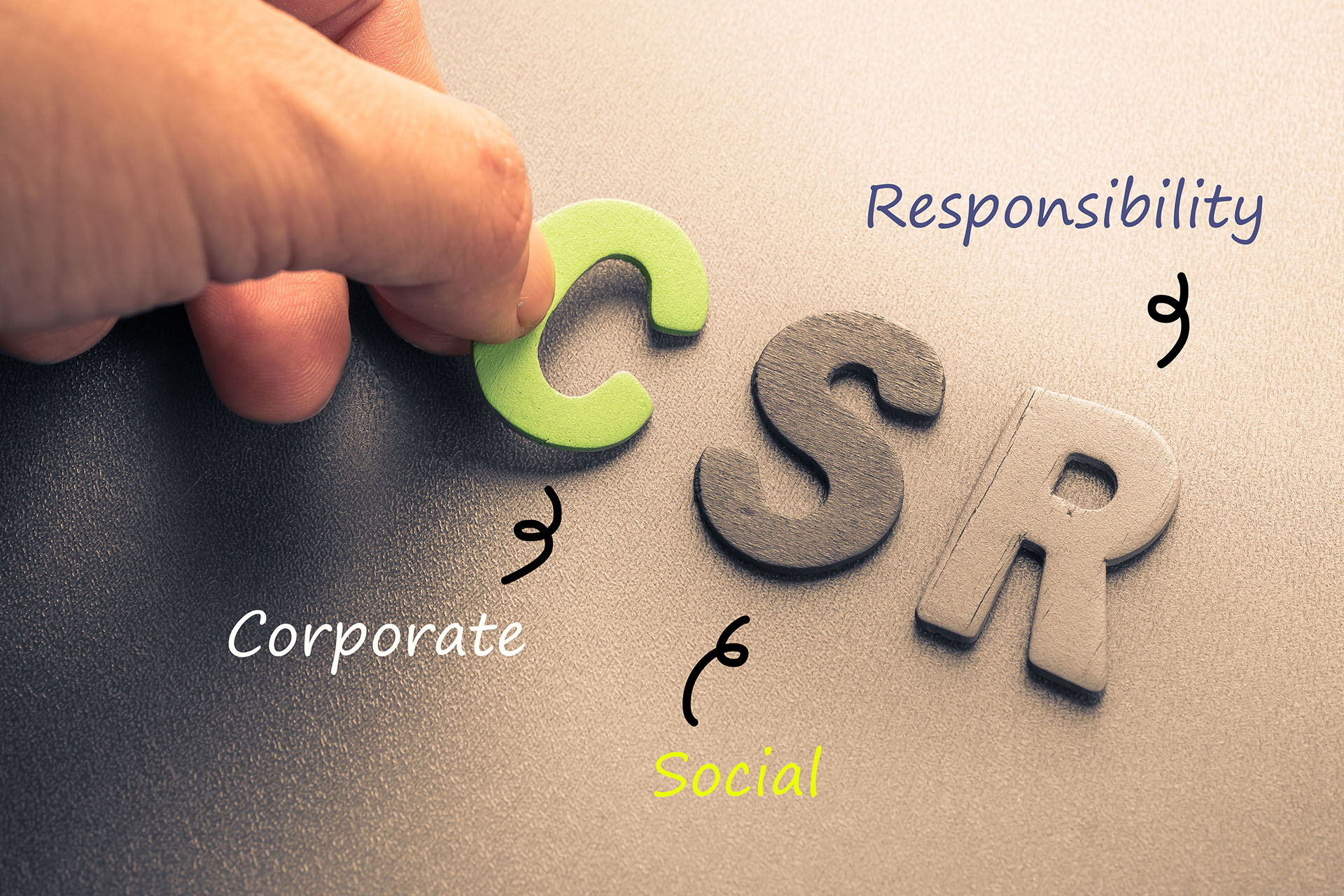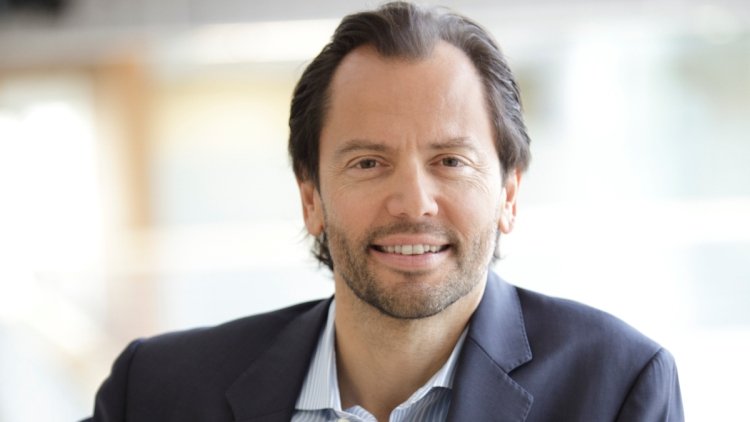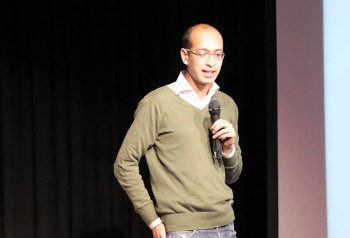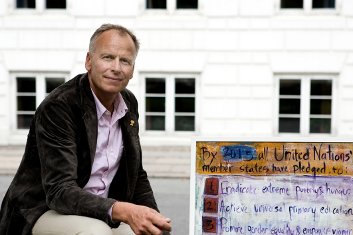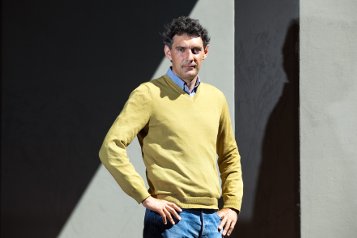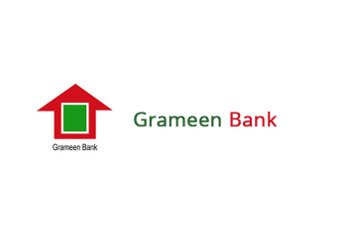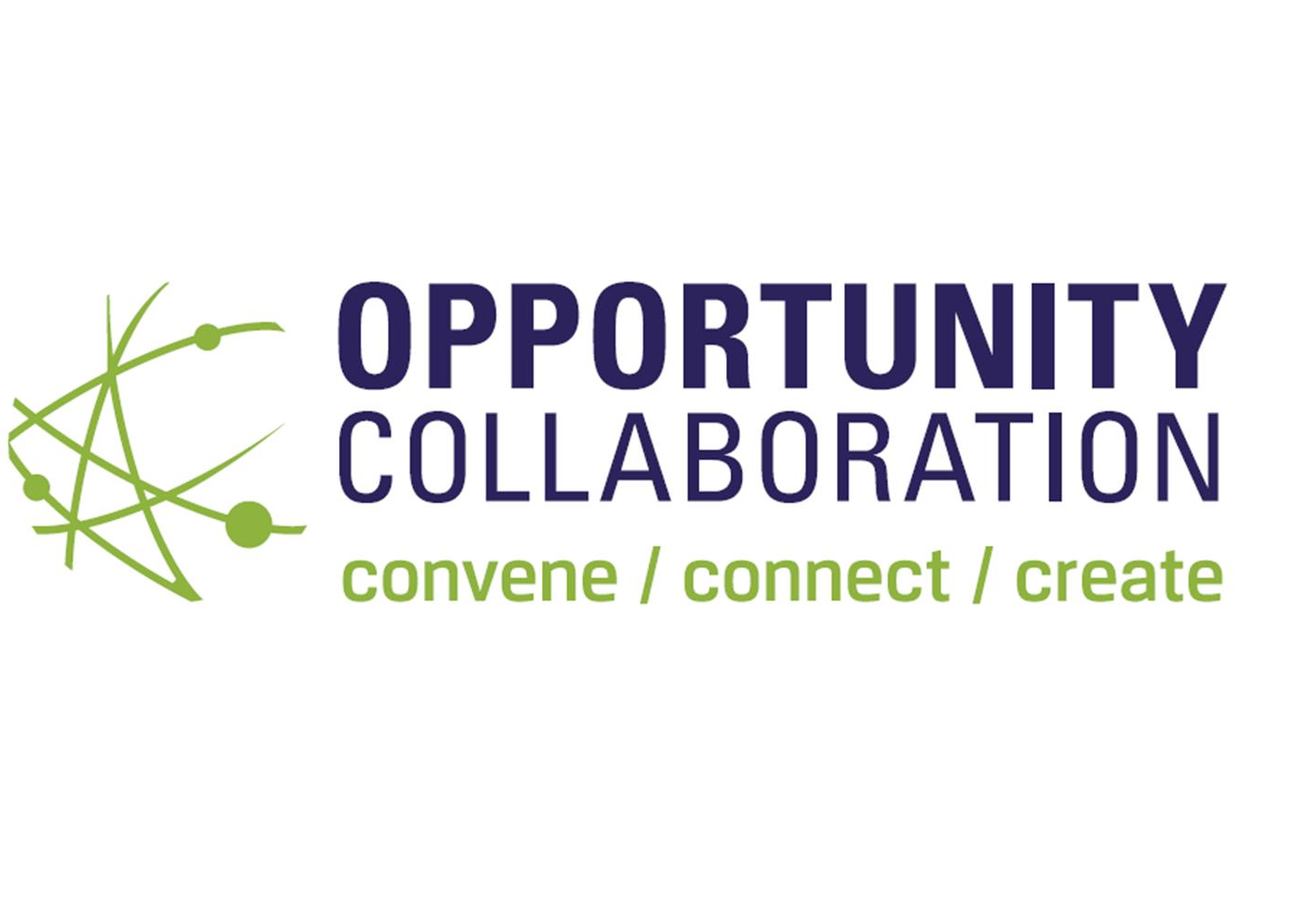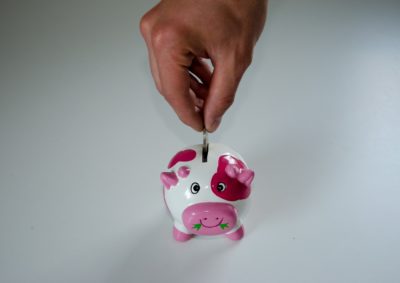
You are head of the NESI Forum, a think tank that aims to co-create a new economy at the service of people. NESI partners with hundreds of experts in an impressive array of areas from urbanism to the future of finance and from women empowerment to conscious consumption. How do you approach such an array of many important issues?
First, a clear common goal: Co-creating an economy at the service of people and the planet. Second, convening and connecting those that share that common goal. We do it through our main event, the “NESI Global Forum of New Econmy and Social Innovation” – the third edition will be on 25th – 27th May, 2021 – and other thematic events such as webinars as well as by connecting people and inviting them to be an active “NESI partner” or donor. Lastly, we develop what we call “collaborative advocacy” by bringing together our community to influence policy-makers and governments, because their contribution is essential to make real the transition to a new economy.
OLBIOS
You work towards an economy that increases the wellbeing for all while benefiting stakeholders in every organisation as well as citizens. How does one quantify the impact of an organisation or a government?
We need to redefine the concept of economic success. In the current system, economic success is connected to maximizing capital – that is the reason we call it capitalism. In this way, organisations measure their profit through the Balance Sheet and countries the economic growth through Gross Domestic Product (GDP). If we want to create an economy that serves people and the planet, organisations should measure their social, environmental and also economic impact (in terms of work, fair salaries and shareholders profit) and governments should measure people wellbeing as well as natural ecosystems wellbeing.
OLBIOS
Working together with 70 organizations and 5.000 collaborators you have created the impressive Plan for Spain, which aims to transform the economy and put it in the service of the people. Would you say that the proposals of Plan for Spain could apply to any country? How would one implement them?
Sure, the “Plan A, Economy for Life” is the result of a fantastic collective process. We called Plan A because there is no Plan B and Covid 19 has reminded us that there is no life B. Plan A is a holisic programme of political economy that can be applied and be implemented in any country. To facilitate its implementation, we have developed two matrices, the first one connecting each one of the 383 proposals of Plan A with the 17 SDGs and the second indicating whether the imlementation of the proposal should be by a local, regional or national government or a private organisation.
Personally, I think that there are many people and organisations that believe and contribute to the emerge of a new economy. However, governments, politicians and policy-makers are far behind in this process and they are more a barrier than a facilitator. For that reason, our strategy at NESI Forum is focused on advocacy and on influencing governments as key drivers of change.

